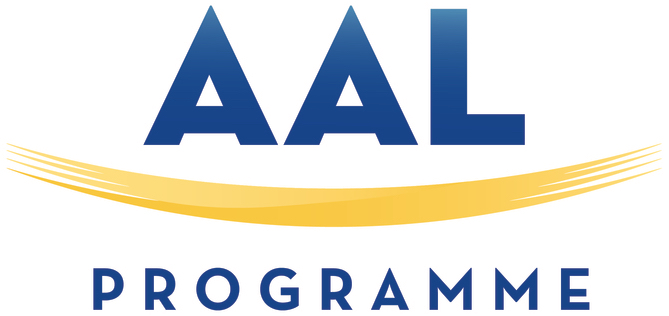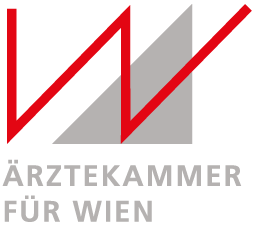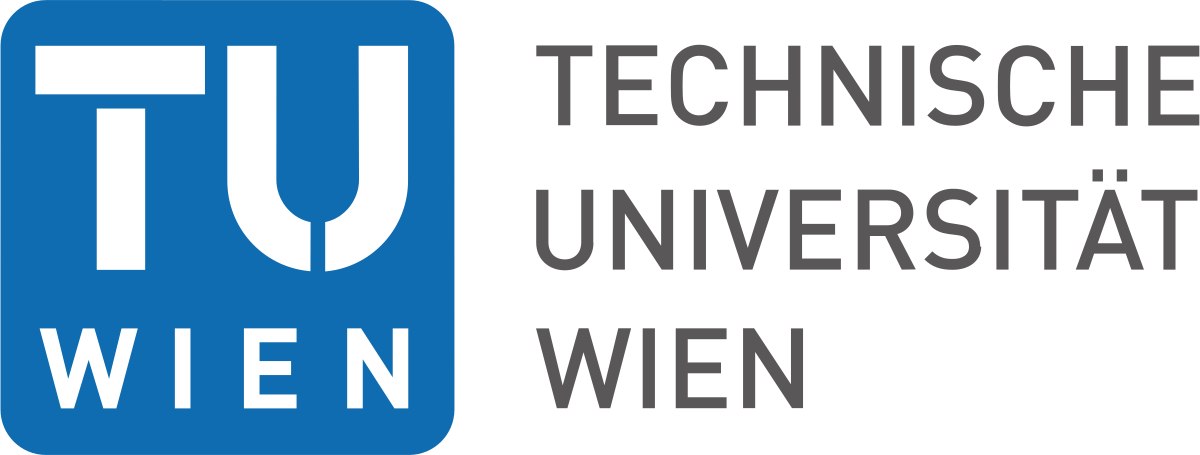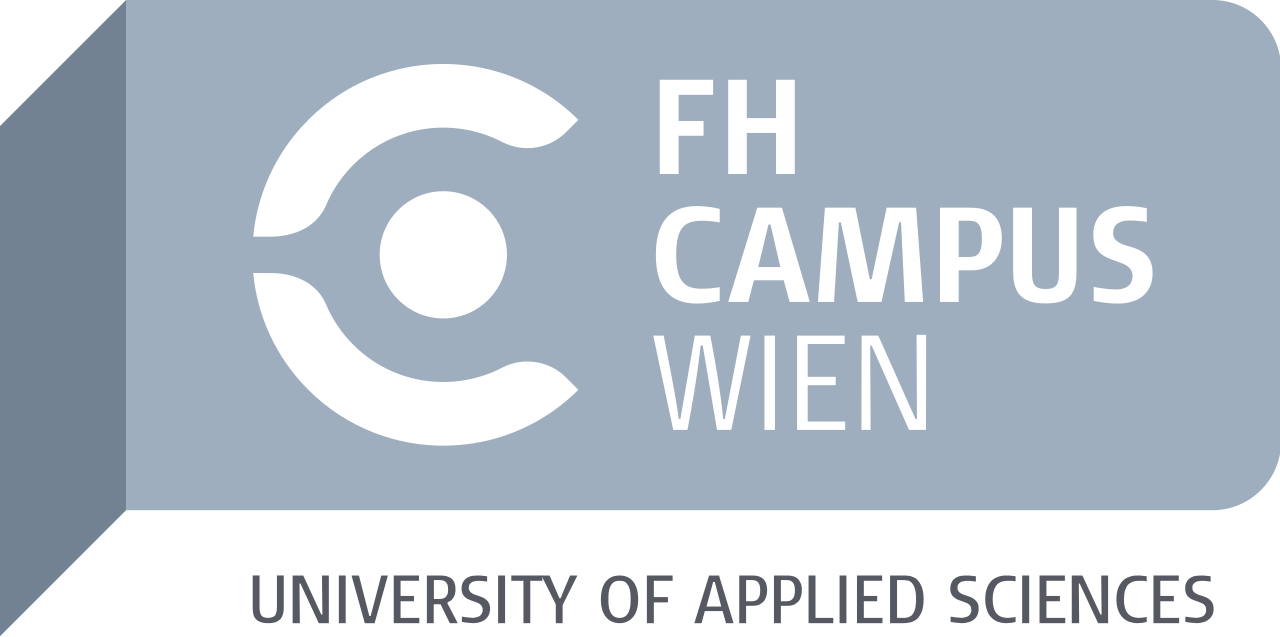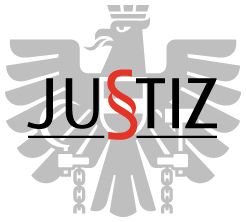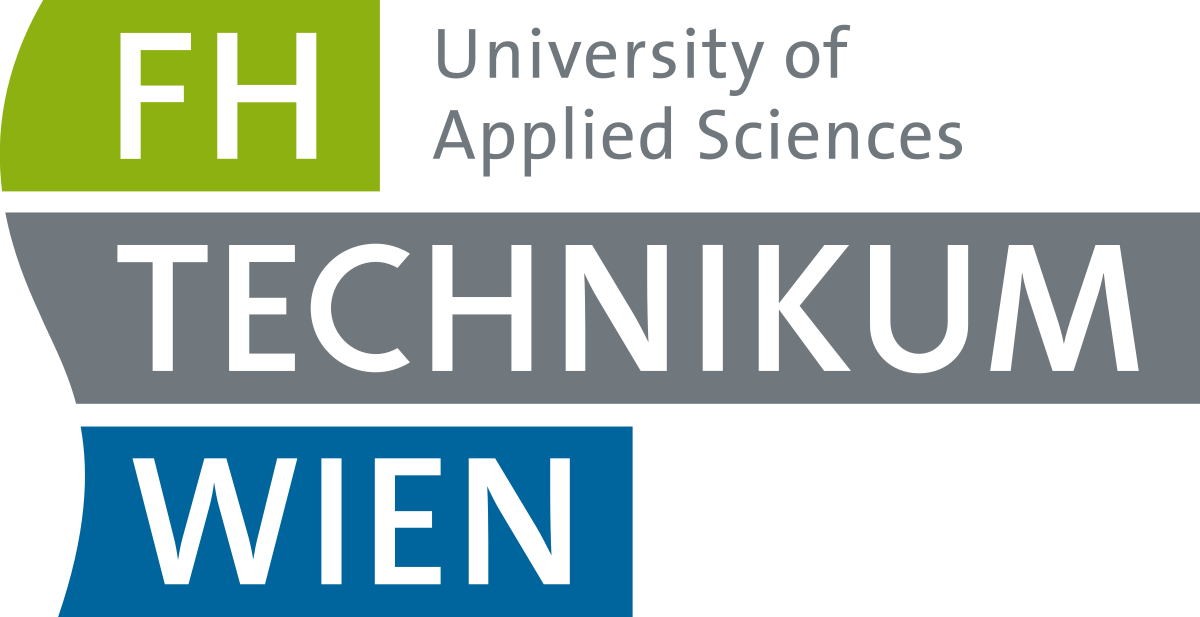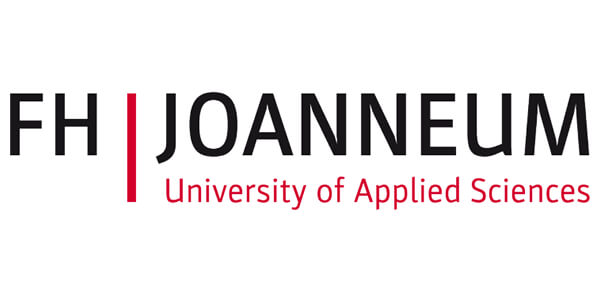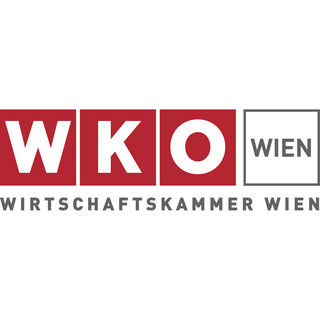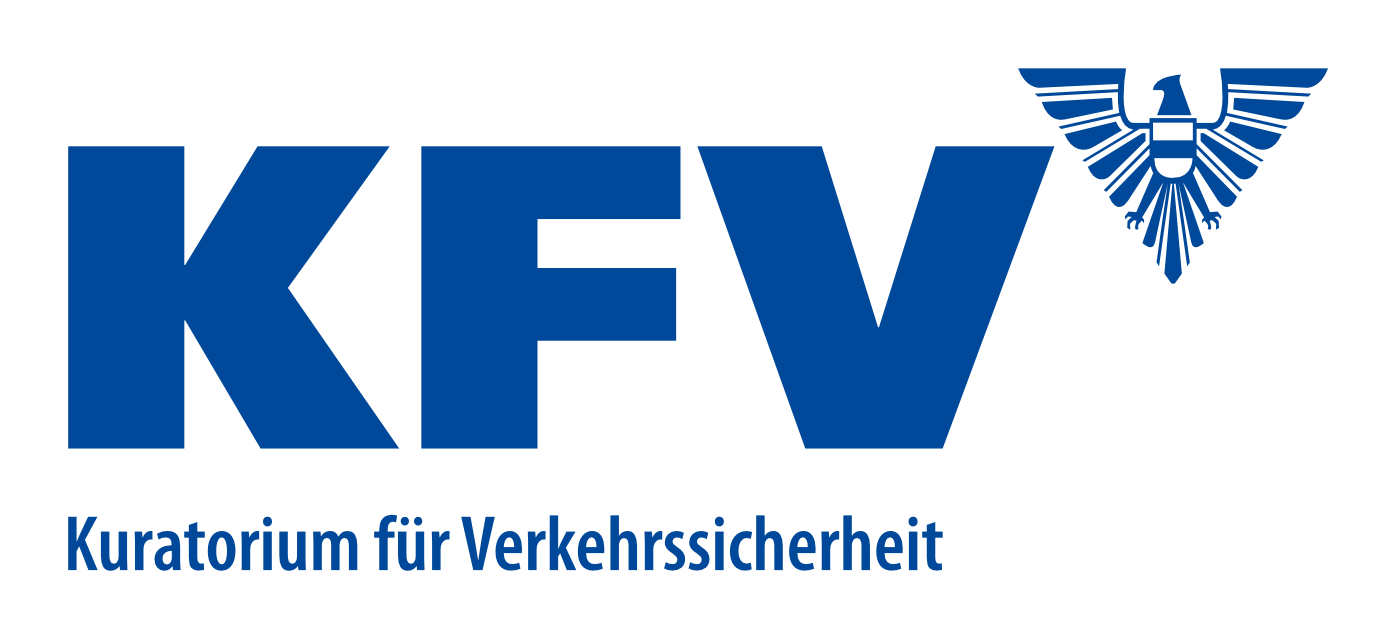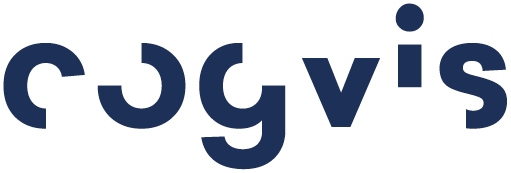artificial
intelligence
& ethics
App informatics zt gmbh is a state-authorised and sworn civil engineering office for information technology.
We advise, plan, test and certify in the development and use of information and communication technologies.
Artificial Intelligence & Machine Learning
Groundbreaking technology with substantial risks
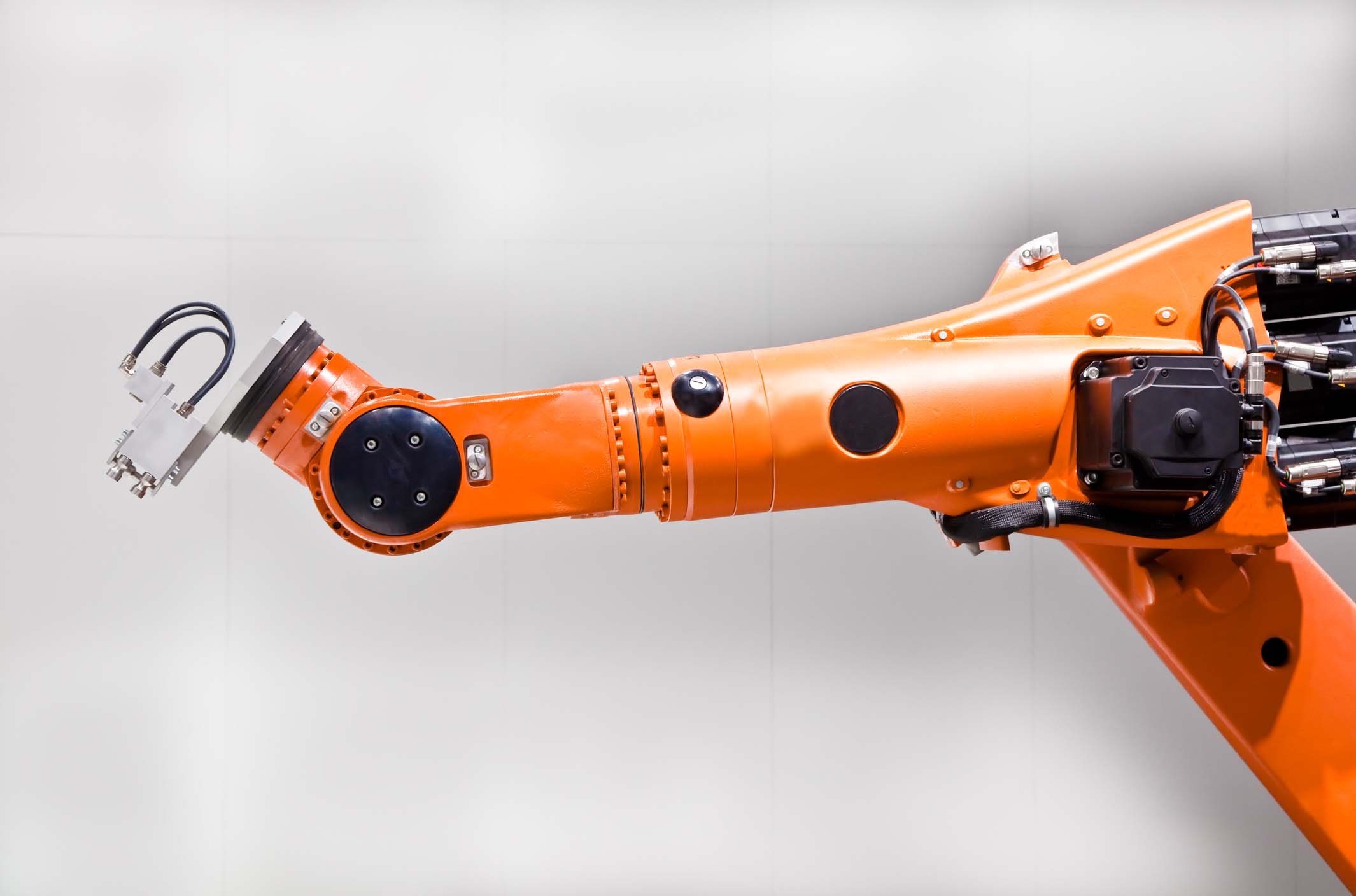
Digital Transformation
Active changes in society through the use of digital technologies and techniques

Data Protection
The protection of personal data is regulated by data protection laws and is ensured by technical organisational measures

Bias und Fairness
an AI system should be designed and deployed to deliver results fairly and without bias

Algorithmic Governance
Technical, ethical and also legal challenges posed by algorithmically controlled systems

ChatGPT (Generative AI)
We analyze and evaluate your ChatGPT solution

Themes
Methods
Projects

Project 1: RailDataFlow – Increasing digital capacity and efficiency in the rail sector through optimized data flow
RailDataFlow addresses inefficient data exchange across infrastructure, passenger/freight transport, and operations. Based on a holistic storage and content-management approach, it develops a digitalization and automation platform for railway operators. Core functions include AI-assisted extraction of semantic information from real-time image data, automatic event detection (e.g., infrastructure issues, passenger information, emergencies) and alerting. The cost-efficient, modular architecture links an onboard sensor system with a central data center and integrates seamlessly with existing railway and passenger information systems. The solution will be evaluated in live operations, and a polyvalent dataset will be created for future rail applications.
Consortium: Mission Embedded GmbH, Frequentis AG, Control Center Apps GmbH, Raaberbahn AG, App Informatics ZT GmbH
Call: Digital Transformation in Mobility & Rail4Climate 2024, Period: 2025–2027

Project 2: Prison Analytics with Large Language Models
Processing information on “prison-related living conditions” is key to dynamic security in correctional facilities. Building on this, PALM develops a prison-intelligence system that turns natural-language requests from staff into structured database queries (IVV/eVM) and delivers results in real time. The aim is to simplify and democratise access to existing systems, improving the use of collected information for more efficient administration and better social/medical care while enabling early identification and prevention of security-critical incidents (e.g. escapes, smuggling). The use of LLMs is deliberately limited to generating query statements from natural-language inputs and analysing the returned data to minimise risks such as hallucinations and bias.
Consortium: Federal Ministry of Justice (BMJ), PKE Holding AG, Research Institute AG & Co KG, Software Competence Center Hagenberg GmbH, App Informatics ZT GmbH,
Call: KIRAS (CS KFE 2024), Period: 2025–2027
Team

Assoc. Prof Dr. Martin Kampel,
Engineering Consultant for Informatics
Dr. Kampel, ZT is the founder and managing partner of app informatics zt GmbH. He is also a Senior Scientist at the Institute for Visual Computing & Human Centered Technology, Vienna University of Technology.
He studied data technology and computer science, obtained his doctorate with distinction and habilitated in practical computer science at the Faculty of Computer Science at the Vienna University of Technology. As a computer scientist at the interface between research and development, Dr Kampel specialises in interdisciplinary issues of practical computer science, especially visual computing and artificial intelligence, as well as ethics and digital transformation.
He is an international reviewer and examiner of scientific and commercial projects, an engineering consultant for computer science, and a sworn and court-certified expert for ICT.

Prof. Dr. Robert Sablatnig
Prof. Sablatnig is the founder and shareholder of app informatics zt Gmbh. He is also a member of the board of the Institute for Visual Computing & Human Centered Technology at the Vienna University of Technology, where he is active in research and teaching in the field of Computer Vision & AI.
He studied computer science with a focus on visual computing at the Vienna University of Technology, where he has been an associate professor for computer vision since 2003. From 2005 to 2017 he was head of the Institute for Computer-Aided Automation. Since 2010, he has headed the Computer Vision Lab, which is part of the Institute for Visual Computing & Human-Centered Technology founded in 2018, which he has headed since 2019. By leading and coordinating more than 30 industry-relevant and academic research projects, he applies basic research in an application-oriented way. He is an international reviewer and examiner of scientific and commercial projects, actively involved in the international research landscape, on the board of the Austrian Working Group for Pattern Recognition, represents Austria on the board of the International Working Group for Pattern Recognition, and is a sworn and court-certified expert in computer vision.
